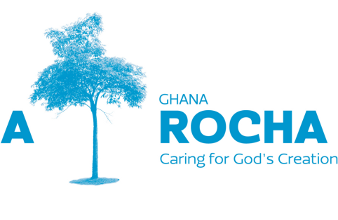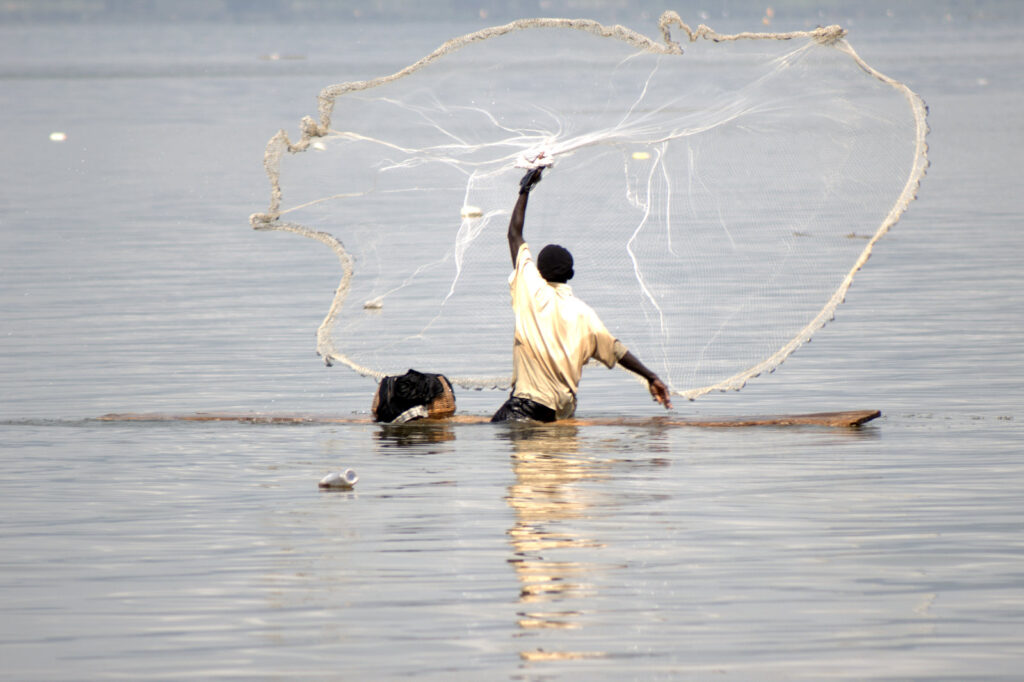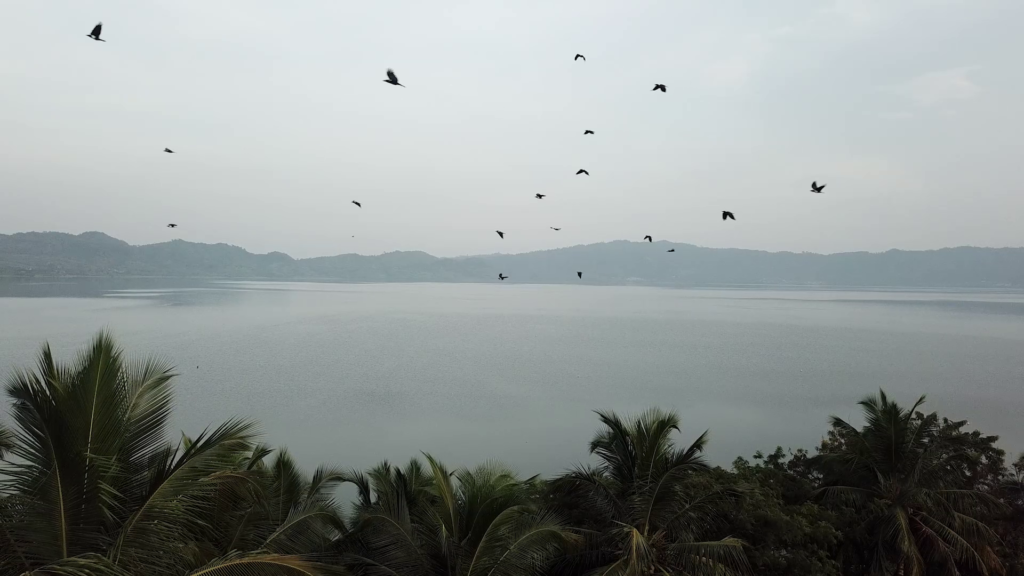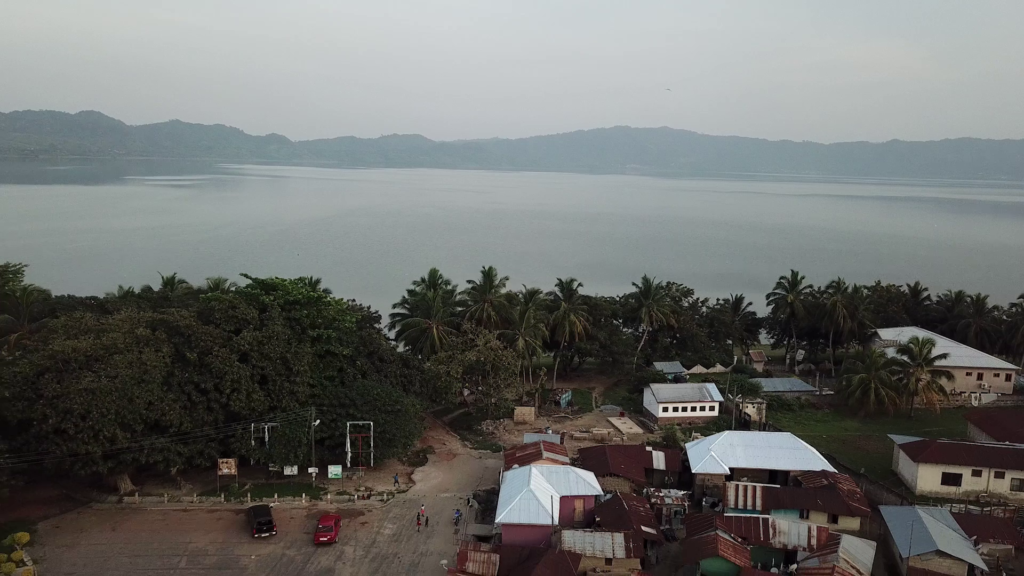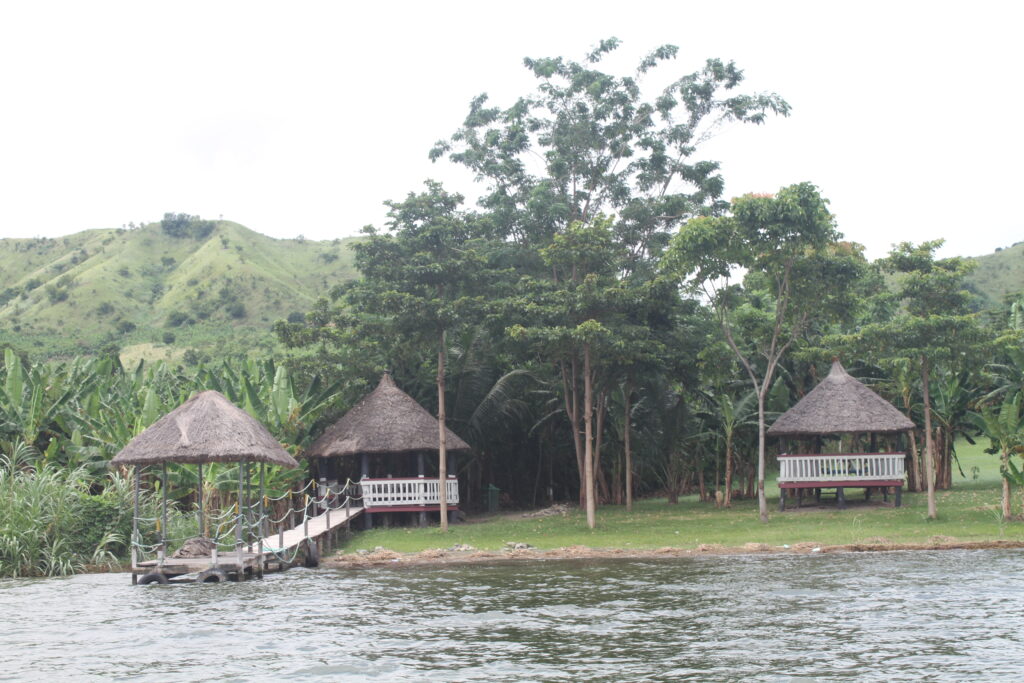Lake Bosomtwe: A Natural Solution to our Problems
International Day for Biodiversity 2020 will be celebrated globally on the 22nd of May under the theme: Our Solutions are in Nature. Due to the Corona Virus pandemic, all activities to mark the day has been moved online, respecting national prescriptions on social distancing and gatherings.
A Rocha Ghana as part of activities to mark International of Biodiversity 2020, is taking the opportunity to highlight the unique biological resources found in Ghana and their contribution to the well being of humans. Ghana is endowed with several diverse ecosystems and biological assets, we are going to share and showcase the unique ecosystems found in the four landscape that we intervene as an organization, in collaboration and partnership with several state and non-state actors. We hope this will inspire you, wherever you are to put in more effort to take actions to secure the biological diversity that supports our livelihoods and provide important life support services.
The four ecological landscapes are the; Mole Ecological Landscape in the Northern Part of Ghana, Lake Bosomtwe in the Ashanti Region, Atewa Range Forest Reserve in the Eastern Region and Muni -Pomadze Ramsar site in the Central Region of Ghana. These landscapes represent four of the major eco-zones in Ghana, that is, Savanna, High Forest Zone, Transition and Coastal eco-zones. These ecological landscapes provide different solutions for our daily needs and wellbeing.
The First Landscape to be featured in this series is the “Lake Bosomtwe Man and Biosphere Reserve”
Lake Bosomtwe is meteoric crater lake located in the Bosomtwe District in the Ashanti Region of Ghana. It is the only Endorheic (closed) lake in Ghana.
The lake basin and its catchment provide an example of Lake Ecosystem with a unique blend of species (including endemic spps) and habitats including wetland, forested catchment, marshes and grassy ridges. The area is of high national and global biodiversity significance with a high degree of endemism (eg Tilapia busumanna). Relative to its uniqueness and rarity, the site was designated as a Biosphere Reserve by the United Nations’ Man and Biosphere Committee in 2016. The southernmost section of the site overlaps the northern section of the Bosomtwe Range Forest Reserve, classified as an Important Bird Area.
There are large varieties of fauna that are recognized nationally and/or globally as endangered and/or threatened that can be found here including palm squirrel- Epixerus ebii, giant pangolin- Manis phataginus gigantea, black and white colobus- colobus vellerosus, and two-spotted palm civet -Nandinia binotata.
Also among the important commercial timber species of the catchment are: African Mahogany (Khaya senegalensis) used for medicinal purposes, Ofram (Terminalia superba,) popularly used for construction, and emeri (Terminalia ivorensis) used generally as joinery timber for interior and exterior applications in construction.
Culturally the lake is considered to be a sacred place for the Ashanti who believe is a transit point for the dead, therefore people are not permitted to fish in it with a dug-out canoe. The named “Bosomtwe” which in English translates “antelope god” was given to it by the hunter who found the lake after an antelope he was hunting disappeared into it. He believed that the water was a god and saved the life of the antelope.
The lake is a source of sustenance for the communities around it, providing them with livelihoods through fishing and use of its water for domestic and agricultural purposes.
Being the main inland water body in the Ashanti Region, the lake environment is rapidly gaining popularity as a tourist and recreational centre. It is an awe-inspiring place to relax and enjoy nature.
Currently the lake is under threat due to overfishing and unsustainable agricultural practices. As more hills around the lake are converted into agricultural lands, soil erosion poses a great problem. Currently the water level in the lake is gradually receding due to effects of climate change.
In order to continue to enjoy the solutions and services we obtain from Lake Bosomtwe, we must actively put in place sustainable measures to protect this unique ecosystem in Ghana.
